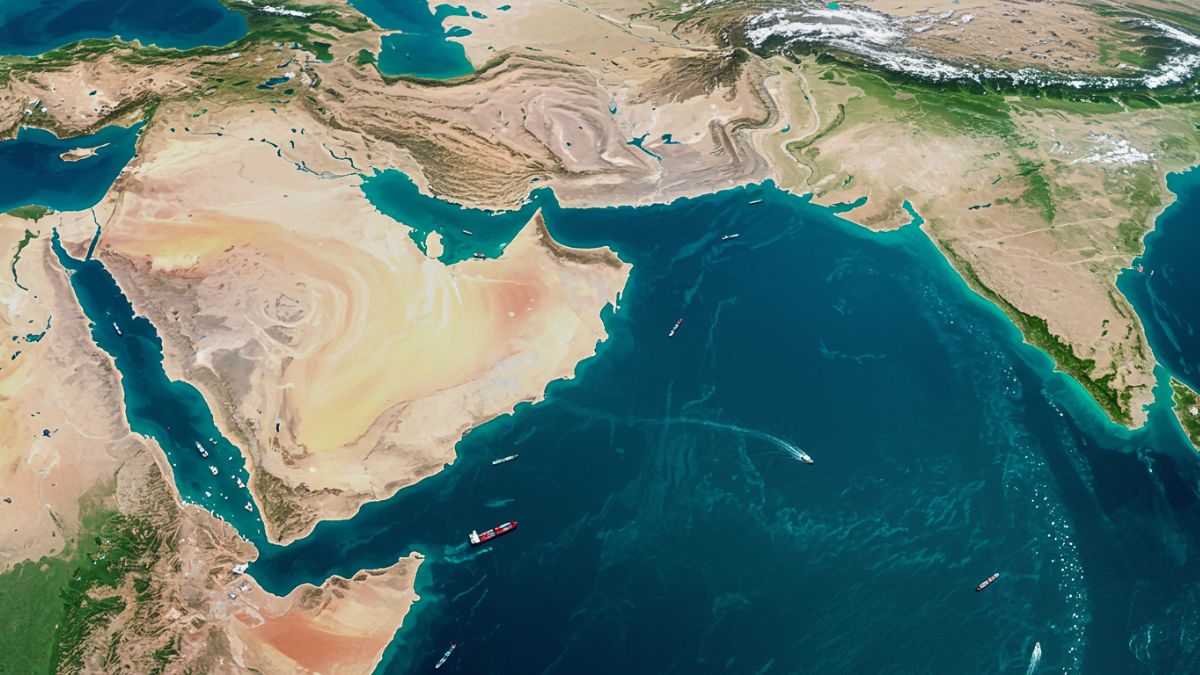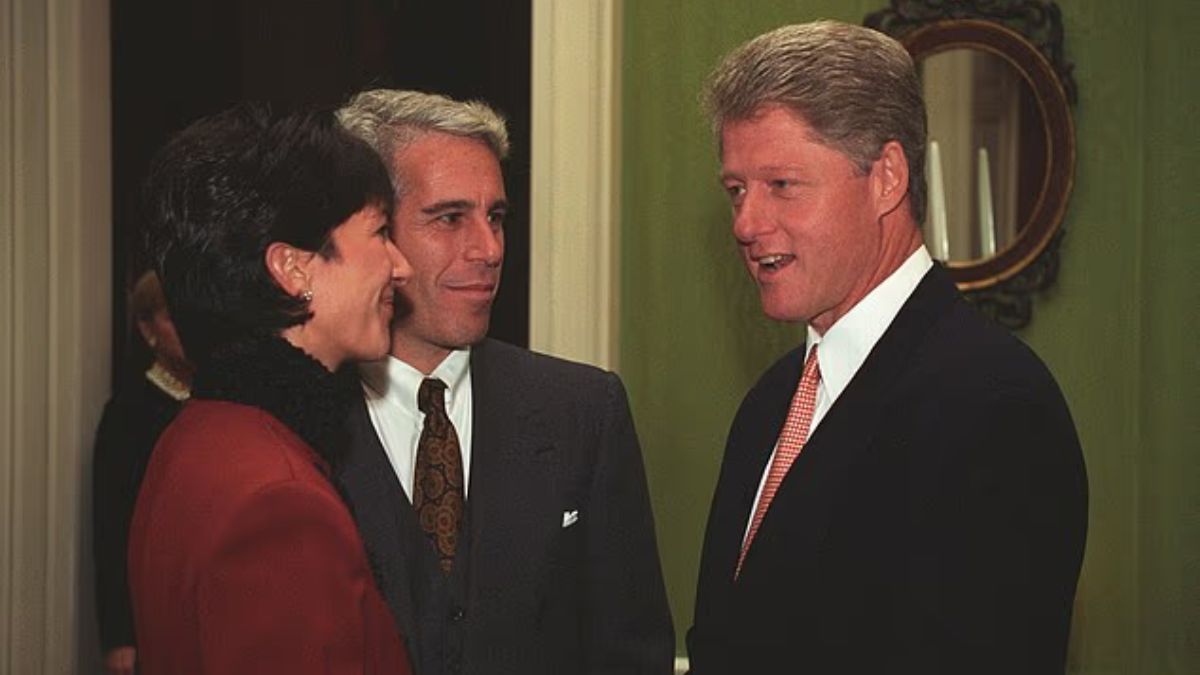Iran may close the Strait of Hormuz, one of the world’s most important oil shipping routes, after the US bombed three of its nuclear facilities, Iranian media reported today.
The Strait of Hormuz connects the Persian Gulf to the Arabian Sea and is the main route for about one-fifth of global oil and gas supplies. It is narrow and vulnerable, with shipping lanes only about 3 kilometers wide in each direction.
If Iran closes the strait, the move could disrupt oil shipments from major producers like Saudi Arabia, Iraq, the UAE, Qatar, Iran, and Kuwait. In the past, the US and Europe were the most affected by disruptions in this region, but now China and other Asian countries could face the biggest impact.
For India, about 2 million barrels of crude oil per day pass through the Strait of Hormuz, out of its total 5.5 million barrels per day imports.
However, analysts say India is prepared, with supplies from Russia, the US, and Brazil available if needed. Russian oil, for example, reaches India through other routes like the Suez Canal and Cape of Good Hope.
India’s gas supplies are also safe. Most of India’s LNG comes from Qatar, Australia, Russia, and the US, which do not depend on the Strait of Hormuz.
Even though India’s supplies may not be directly at risk, experts warn that global oil prices could rise to $80 per barrel in the short term due to rising tensions in the region.











